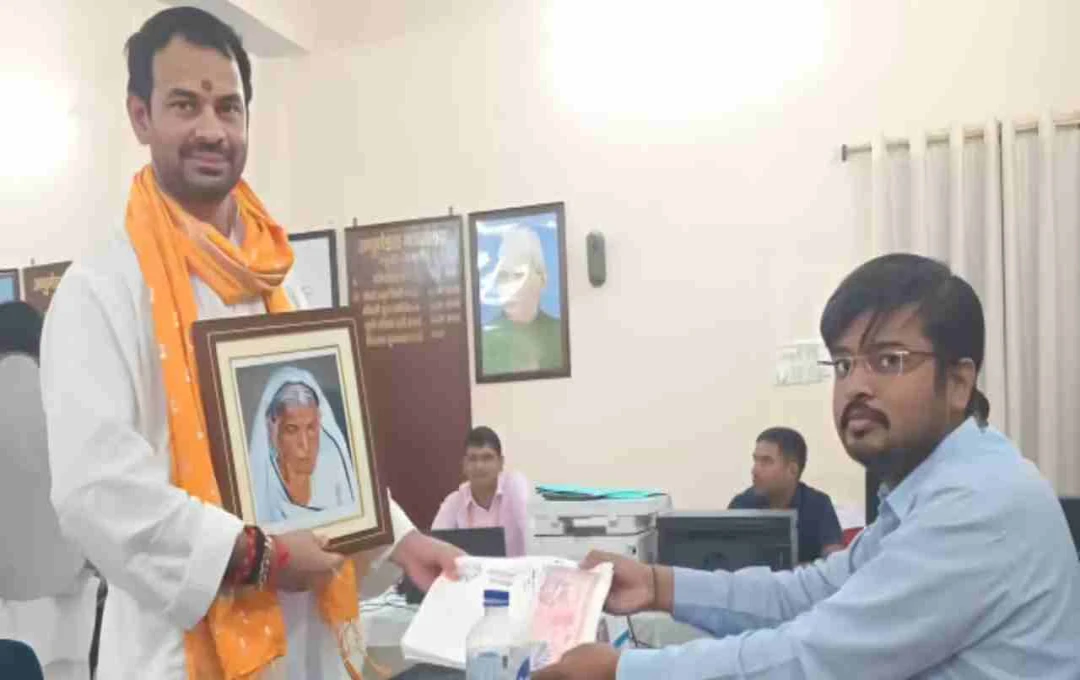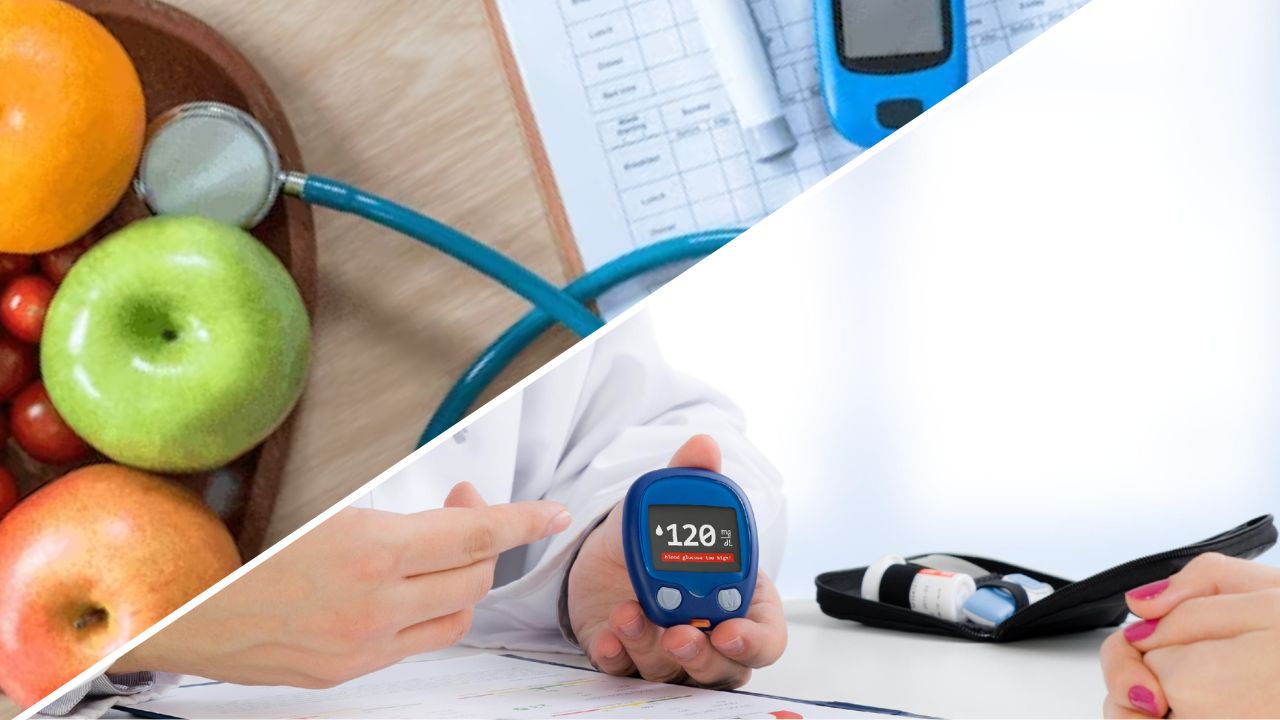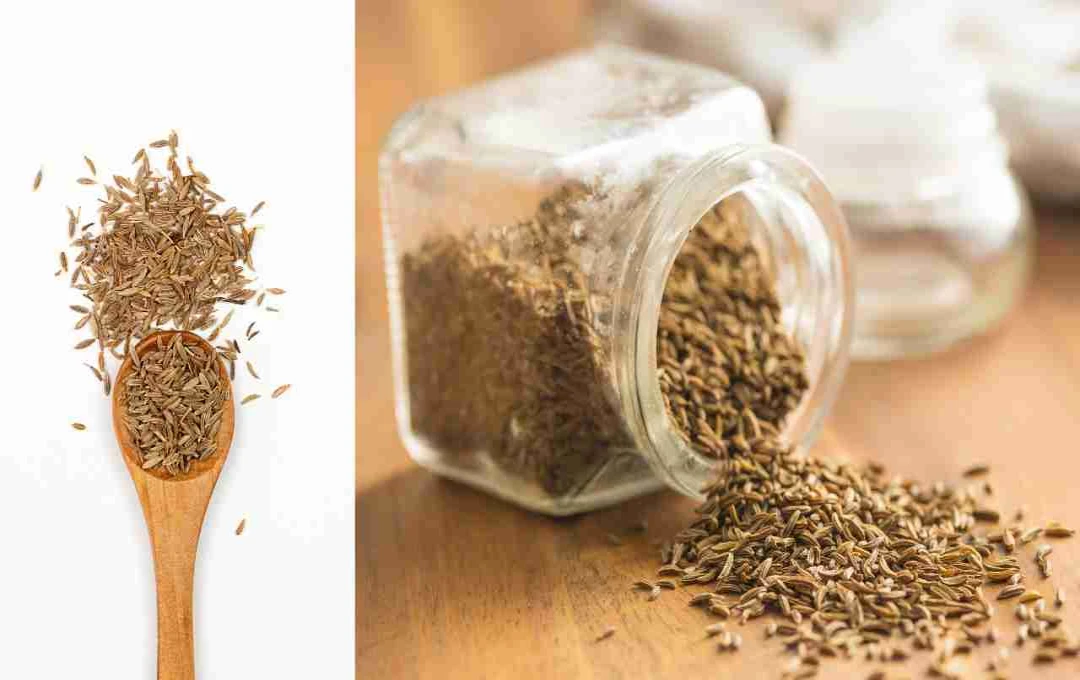A study by Oxford University has found that period pain experienced in teenage years can lead to significant health problems for women in the future. Severe or moderate period pain increases the risk of chronic pain, headaches, and back and leg pain by 65-76%. Experts are emphasizing the importance of timely treatment and awareness.
Teenagers' Period Pain: According to new research from Oxford University, moderate to severe period pain in teenage girls can lead to long-term chronic pain in the future. The study, which included data from over 1,100 young individuals, indicates that girls experiencing period pain at age 15 have a 65-76% increased risk of developing chronic pain by the age of 26. The risk of persistent pain in the back, head, legs, and joints was also found to be higher. Experts suggest that period pain should not be dismissed as normal but can be prevented from becoming a serious condition through timely treatment and awareness.
Why Teenage Pain is a Cause for Concern
Many girls experience severe pain during their periods each month. This pain in the abdomen, back, and legs can be so intense that they are unable to get out of bed. Some girls experience vomiting, while for others, even standing up becomes difficult. Consequently, they often miss school or college. In the past, this was considered minor and overlooked. However, experts now believe that this pain can impact girls' future lives.
Researchers at Oxford University analyzed data from over 1,100 individuals. They found that girls who experienced very severe period pain at age 15 had a 76% higher risk of developing chronic pain by age 26. For girls with moderate pain, this risk was found to be 65% higher.
Impact Beyond Abdomen and Back

A significant aspect of this research is its mention of long-term pain in other parts of the body, not just the abdomen or pelvis. Girls who experienced severe period pain were found to have twice the risk of developing headaches, knee pain, hand and foot pain, and ankle pain as they grew older. Additionally, they had an 81% higher probability of experiencing hip pain and a 78% higher probability of experiencing upper back pain.
Impact on the Brain
Scientists believe that teenagers have a higher capacity for learning and adaptation in the brain, known as neuroplasticity. During this period, repeated pain signals can make the brain more sensitive. As a result, the brain begins to perceive pain differently, increasing the risk of chronic pain in the future.
Help Not Always Available
The research revealed that most teenage girls do not seek help for period pain. And those who do often hear that it is normal. This mindset leads many girls to endure the pain without seeking treatment. Experts state that ignoring period pain can lead to serious long-term effects on both physical and mental health.
Growing Attention in the UK
Professor Dame Lesley Regan, President of the Royal College of Obstetricians and Gynaecologists, stated that periods should not prevent a girl from attending school or work. If the pain is severe and not relieved by medication, it is important to consult a doctor. The UK government is also emphasizing its women's health strategy, which includes reducing gynaecology waiting lists, providing additional appointments, and offering free emergency hormonal contraception.
Situation Critical in India Too
Efforts to increase awareness about periods are ongoing in India as well. However, in many places, women are still deprived of information and treatment. In 2024, a case emerged from Trichy district in Tamil Nadu. Here, an 18-year-old girl suffered from severe period pain. To alleviate the pain, she took an excessive dose of painkillers. She died due to a drug overdose. This incident highlights how dangerous a lack of treatment and awareness can be.















